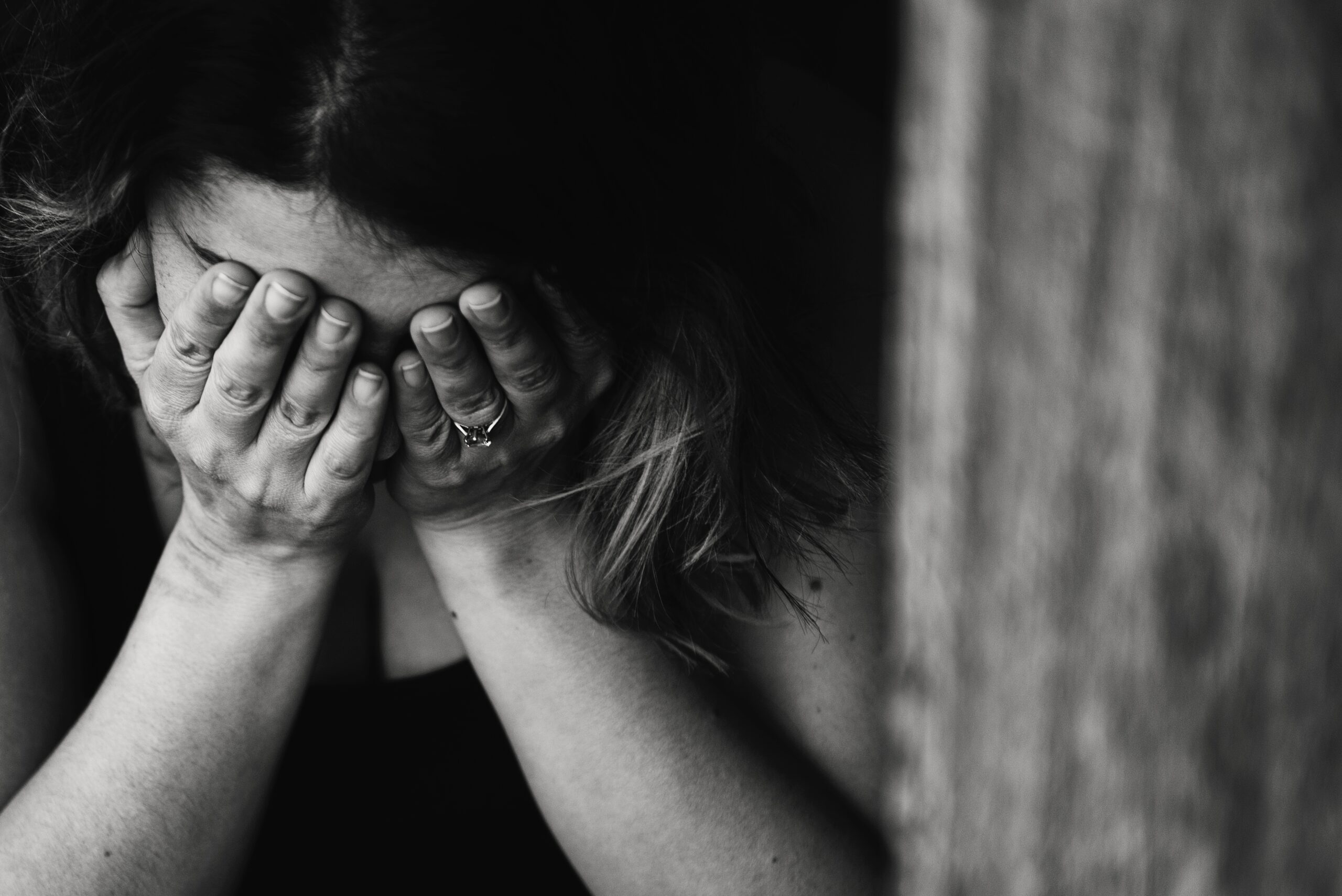Understanding the difference between guilt and shame
Although guilt and shame are related emotions, there are notable distinctions between them. Feeling awful about something you did or promised to do but didn’t is what we call guilt. South Africa is home to a burgeoning population of recovering addicts, counsellors, and specialists, making it an excellent setting for the best drug rehabs South Africa. Get in touch with us for more information on our affordable Rehab.



If you’ve ever made a commitment to someone and broken it, or if you’ve ever said something hurtful to someone while drunk, you may be plagued by feelings of guilt. However, shame exceeds guilt in its severity. Shame is the internalisation of guilt and the belief that you, yourself, are terrible because of the wrong things you’ve done, in contrast to guilt, which is the recognition and feeling awful that you did something you shouldn’t have. The term “self-conscious emotion” is often used to describe shame, which is why it is studied by many psychologists. Understanding the difference between these two emotions is crucial because they both have the power to affect your actions and decisions. Guilt is a strong motivator for apologising, fixing mistakes, and making up with people you’ve offended. Self-destructive behaviours and negative, and critical ideas about oneself are influenced by shame.
The risk that shame and guilt pose to your recovery
The more time you spend thinking about your mistakes, the more embarrassed you’ll get. It is because shame goes so much deeper than guilt that it poses such a threat.
Feelings of guilt and shame can make you believe that you are deserving of the negative emotions you’re experiencing. Self-flagellation for actions taken during addiction serves no one, including the addict, and is therefore counterproductive to your recovery.
How to overcome the cycle of guilt and shame to embrace your recovery
Addiction treatment is typically accompanied by a cycle of guilt and shame that can be difficult to break. Here are some steps you can take to start feeling better again.
Learn to forgive yourself
Self-forgiveness training takes time. Thinking about your mistakes over and over again serves no useful purpose. What important are the decisions you make today, not those you made in the past.


Move on from the things you cannot control
Only you have the power to change your own life. Your history is just one of the numerous things that happened before you and that you have no way of changing. It is counterproductive to your recovery to dwell on the things you did while actively using, the harm you caused others, or the shame you feel because of your addiction. One of the most important steps in recovering from addiction is learning to let go of the past.
Asking for forgiveness is a powerful step
Everyone is fallible. Recovering from addiction involves making amends and seeking forgiveness from individuals you may have hurt, and the decision to change your life and overcome addictions takes a great deal of courage.
Even if they are not yet ready to forgive you, you will have done everything in your power to make amends and move on.
Change the way you speak to yourself
Changing the way you talk to yourself is an effective method for overcoming guilt and shame. Most of the time, we are our own worst enemies, being much more critical of our own efforts than we would be of a friend or loved one in a similar scenario.
We often say hurtful things to ourselves that we would never dream of saying to those closest to us. Disparaging your own worth in your mind is harmful and will only make your current mood worse.
Avoid saying things to yourself like “I’m so stupid” when you start to feel guilty or ashamed. “I can’t do anything right” or “Why did I do that?”
This kind of thinking exacerbates your existing issues, making it more likely that they will resort to unhealthy coping mechanisms like substance abuse.
Know that these feelings are counter-productive
In the process of becoming sober, it’s common to become too judgmental of oneself and the actions taken during your addiction. No one should have to deal with crippling feelings of guilt and shame, and doing so is ultimately self-destructive and could trigger a relapse.
We also take a look at why you feel depressed after drinking.




